A positive and supportive workplace culture is key to staff happiness and therefore retention. At PEP, we teach teams how to harness the power of working well – because when people feel organised, they are naturally happier and more productive.
Workplace culture is a mixture of the company and its employees’ characteristics and personalities, together creating the overall tone of the organisation. It’s a combination of leadership, values, behaviour and benefits and it significantly affects an employee’s work satisfaction, engagement and, in turn, productivity.
There’s a growing interest in how to build a sense of belonging in a workforce that’s increasingly dispersed, global and mobile. Millennials are driving the change. They’re not interested in working massive hours and losing quality of life because of it. They know they need to put the mahi in to get results, but there’s a point where you also simply have to learn to work smarter.
Our Personal Efficiency Program (PEP) is a powerful tool to improve company culture by getting organisation-wide buy in to common processes and optimal ways of working. Everyone becomes aligned and operates as a high-performing team.
Culture built on a calmer, more supportive workplace
Getting culture right is vital to attracting and retaining talent. The latest workplace culture trends include greater hybrid and remote working, greater employee respect and recognition, improved communication and transparency, employee growth and development opportunities, and embracing of digital tools and growth in diversity.
The benefits of a strong workplace culture include sharing a common purpose, which drives greater productivity. With workplaces increasingly split across countries, work split across project teams, and multiple new technologies to work with, an understanding of mutual goals and purpose is all the more important.
PEP provides a shared work value system, which becomes part of the organisation’s culture – from purpose and respect to communication and wellbeing. PEP can create a smarter and more caring culture, because when people learn to work well, not only do they get direct benefits, they are also able to support their colleagues to work better. Everyone is on the same page. The workplace is calmer, and people are happier, when they are not overwhelmed by their workload.
Our principles teach people how to batch work, remove the causes of procrastination, and turn around the small tasks more quickly to create the mind space needed for the important tasks. Teams are encouraged to form agreements on shared priorities, processes and outcome, document storage and management, running better meetings and managing interruptions.
When the whole team understand these principles, there is a flywheel effect on the whole organisation.
A culture based on healthy work practices
Routines can be implemented to create a respectful workplace, where everyone’s role in the process is valued. To do that at a minimum means acknowledging that everyone needs time to concentrate and focus and to discourage unnecessary interruptions, stick to agreed catch-ups, and take regular breaks.
Better work practices allow organisations to refresh their culture, building one of respect and transparency, improving communication and embracing digital tools. Organisations that don’t look after their people and equip them to work well will lose them. There has been a lot of crisis management, stress and burnout lately, but people are fed up with constant crises.
We try to create a less reactive culture. And when people are more proactive, they tend to slow down, make better decisions and focus on what’s right for them and the business. With the right mindset and tools, work becomes a more considered state.
Of course, one PEP course does not make a new organisation, but used consistently, it can create a culture of high performance. People can easily slip back into their old ways of reactivity – checking emails is quite addictive for many – so businesses need to keep reminding and practising – like an exercise program. We want people to work better and build habits for a lifetime.
It always amazes us how businesses are happy to constantly invest in hardware and software yet the investment in the humans that use the hardware and software is often overlooked. When people are working well – in a state of flow – high performance is effortless. You work with focus, make sure to take good breaks during the day, share a common purpose with the team and are energised by that.
And benefits are catching. The skills we bring have an energy of their own. As one person in the team gets into the program and sees the benefits, then someone else will pick up on it, until the whole team gets onboard. That’s when it gets really exciting.
Credit to our colleagues at PEPworldwide NZ, who first posted this original article.


